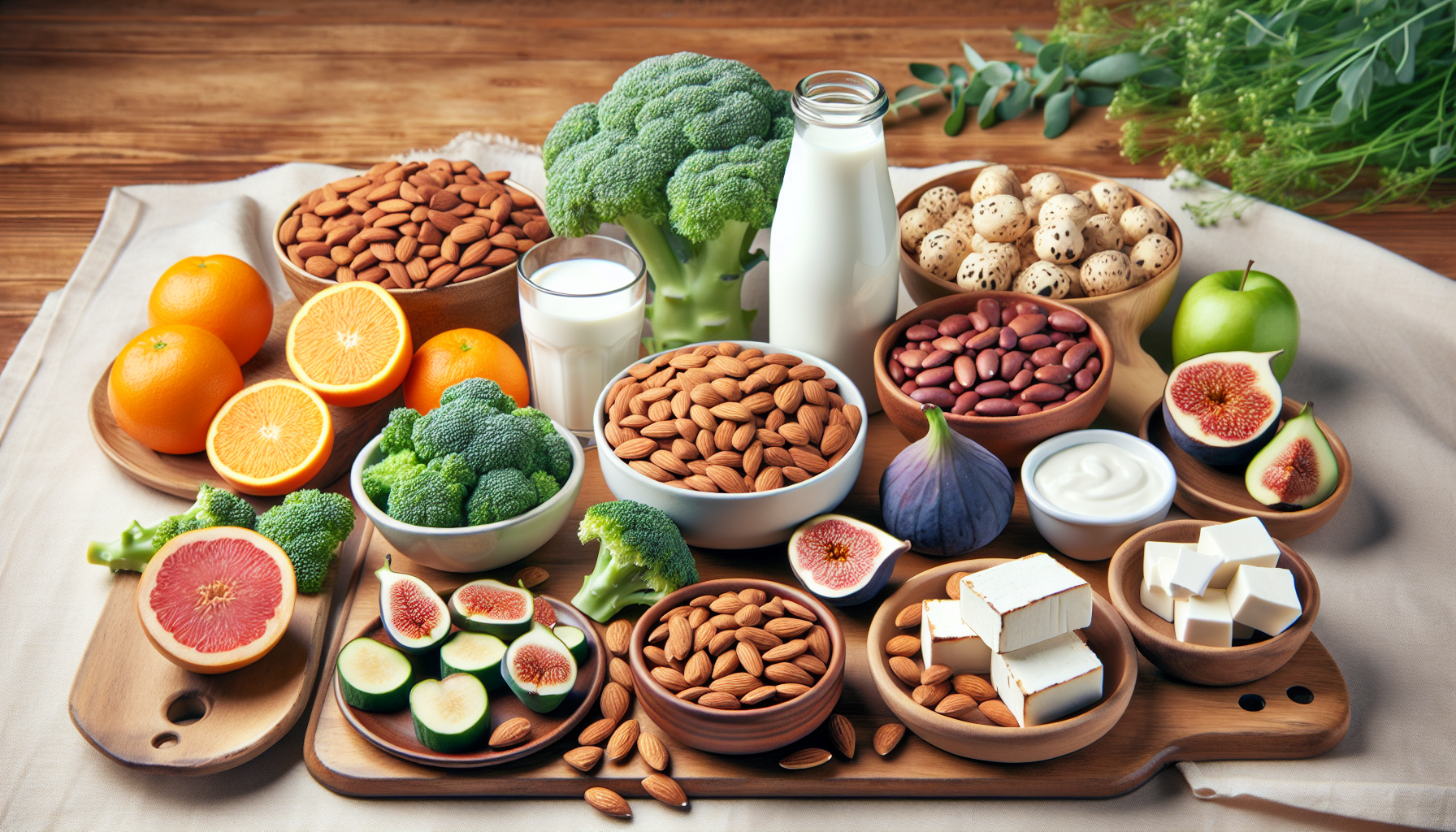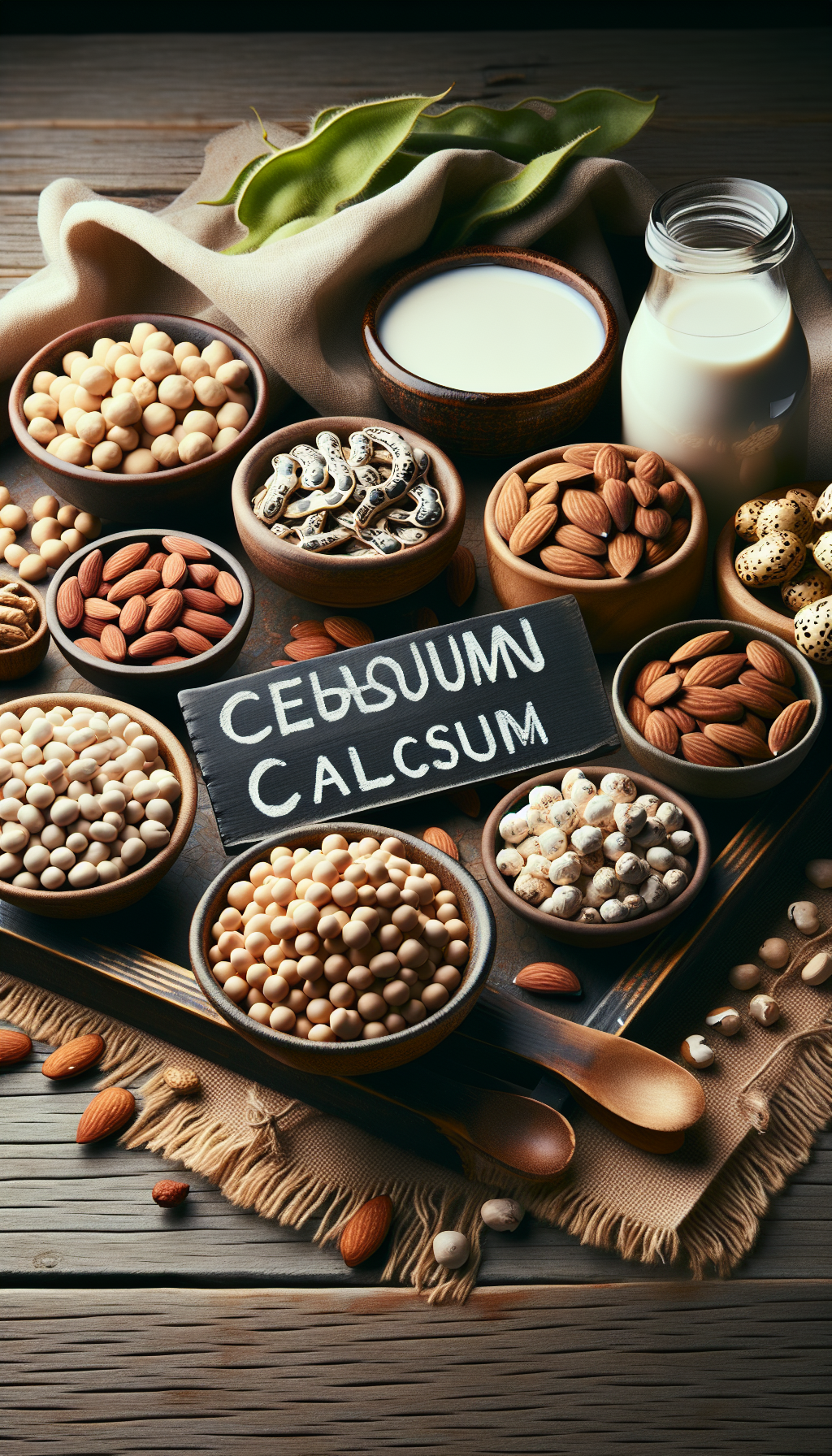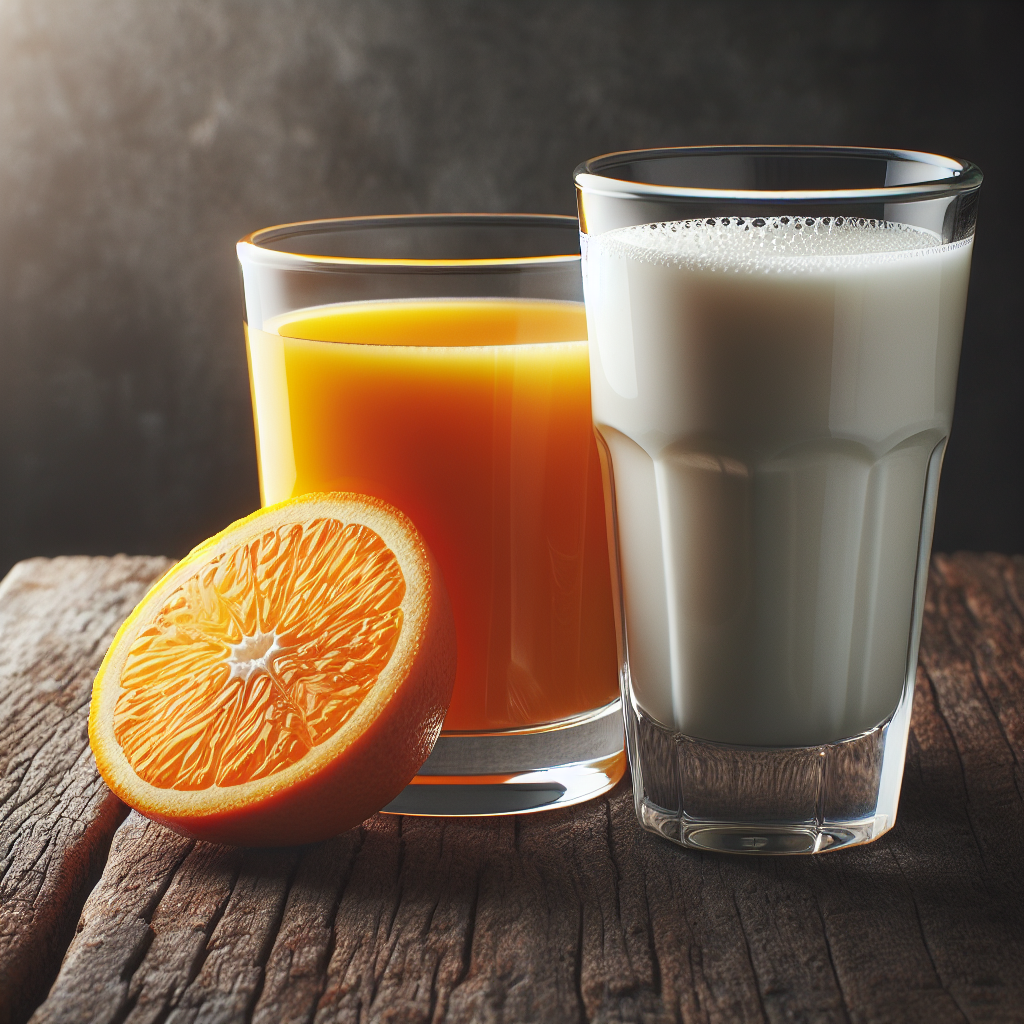Calcium is an essential mineral that plays a critical role in building and maintaining strong bones throughout our lives. For individuals with lactose intolerance, obtaining adequate calcium can be challenging due to the necessity to avoid traditional dairy products. However, with the right knowledge and dietary strategies, it is possible to achieve optimal calcium intake through alternative sources. This article explores various dairy-free options rich in calcium and offers insights into maintaining bone health without relying on dairy products.
Understanding Lactose Intolerance and Its Impact on Bone Health
Lactose intolerance is a common digestive problem where the body is unable to digest lactose, a type of sugar found in milk and other dairy products. This condition can lead to various gastrointestinal symptoms and may pose challenges in obtaining sufficient calcium if dairy is avoided. Since calcium is crucial for bone health, lactose intolerant individuals must be particularly mindful of their calcium intake to prevent bone-related issues.
For a deeper understanding of the significance of bone health, particularly in the context of dietary restrictions, The Importance of Bone Density in Injury Prevention offers valuable insights.
Non-Dairy Sources of Calcium
Fortunately, many non-dairy foods are excellent sources of calcium. Here are some of the most calcium-rich alternatives:
1. Leafy Greens
Certain leafy greens, such as collard greens, turnip greens, and kale, are not only high in calcium but also in other nutrients beneficial for bone health like vitamin K. It’s important to note that some greens, like spinach, have high levels of oxalates, which can inhibit calcium absorption, so it’s best to choose a variety for optimal benefits.
2. Fortified Foods
Many plant-based milk alternatives, such as almond, soy, and oat milk, are fortified with calcium and vitamin D to levels comparable to cow’s milk. Similarly, fortified cereals and juices can contribute significantly to daily calcium needs.
3. Nuts and Seeds
Almonds, chia seeds, and sesame seeds are not only nutritious but also good sources of calcium. Tahini, a paste made from sesame seeds, can be incorporated into various recipes to boost calcium content.
4. Legumes
Beans and lentils contain calcium, and they also provide additional benefits like fiber and protein. White beans, in particular, have one of the highest calcium contents among legumes.
5. Tofu and Tempeh
These soy-based products are often set with calcium sulfate, which makes them high in this mineral. They are versatile ingredients that can be used in a range of culinary applications.
6. Seaweeds
Certain types of seaweeds, like wakame and kombu, are naturally rich in calcium. They can be used in soups, salads, or as snacks.
Factors Influencing Calcium Absorption and Retention
Absorbing and retaining calcium is not solely about the amount consumed; several other factors come into play:
- Vitamin D: Essential for calcium absorption, vitamin D can be obtained from sun exposure, certain foods, and supplements.
- Magnesium and Vitamin K: These nutrients work synergistically with calcium and are vital for bone health.
- Phytic and Oxalic Acids: Found in some plant foods, these can bind to calcium and reduce its absorption. Proper food preparation, like soaking and fermenting, can mitigate this effect.
For insights into how lifestyle affects bone density, and thus the importance of managing these factors, The Significance of Lifestyle in Bone Density Conservation is an informative resource.
The Role of Diet in Bone Health
Diet plays a significant role in maintaining bone health. A balanced diet rich in calcium, magnesium, potassium, vitamins D and K, and protein supports bone density and overall bone strength. Conversely, excessive sodium and caffeine can hinder calcium retention and should be consumed in moderation.
To understand the relationship between dietary habits and bone health, especially for those with dietary restrictions, consider reading Bone Health Considerations for People with Food Allergies.
External Resources for Further Reading
While exploring dairy alternatives and bone health, several niche resources can provide valuable additional information:
- The National Osteoporosis Foundation offers detailed guidelines on calcium and vitamin D requirements for bone health.
- The Vegetarian Resource Group provides a comprehensive list of calcium sources for vegetarians and vegans.
- The Academy of Nutrition and Dietetics elaborates on the importance of vitamin K in bone health.
- The International Osteoporosis Foundation emphasizes nutrition’s role in the prevention of osteoporosis.
Strategies for Incorporating Calcium into Your Diet
Here are some practical tips for including more calcium in your daily diet:
- Start with Breakfast: Opt for calcium-fortified cereals or oatmeal, and use fortified plant milk.
- Snack Smart: Choose almonds, dried figs, or calcium-fortified snacks.
- Cook with Calcium: Use tofu, tempeh, or leafy greens in your meals.
- Drink Wisely: Select fortified plant milks and orange juice.
- Supplement if Necessary: If you struggle to meet your calcium needs through diet alone, consider supplements after consulting with a healthcare professional.
Conclusion
Lactose intolerance need not be a barrier to adequate calcium intake. With an array of dairy alternatives available, individuals can enjoy a varied and nutritious diet that supports strong bones and overall health. By being mindful of calcium-rich foods and the factors that affect calcium absorption and retention, lactose intolerant individuals can effectively manage their calcium levels and maintain bone health.
For those interested in the intersection of bone health and other wellness topics, Fitness provides a wealth of information on how regular physical activity can enhance bone density and strength.
In conclusion, navigating a lactose-free diet while ensuring sufficient calcium intake is entirely feasible with informed choices and a proactive approach to nutrition. By incorporating the recommended foods and strategies outlined in this article, maintaining healthy bones without dairy is not only possible but can be delicious and rewarding.



